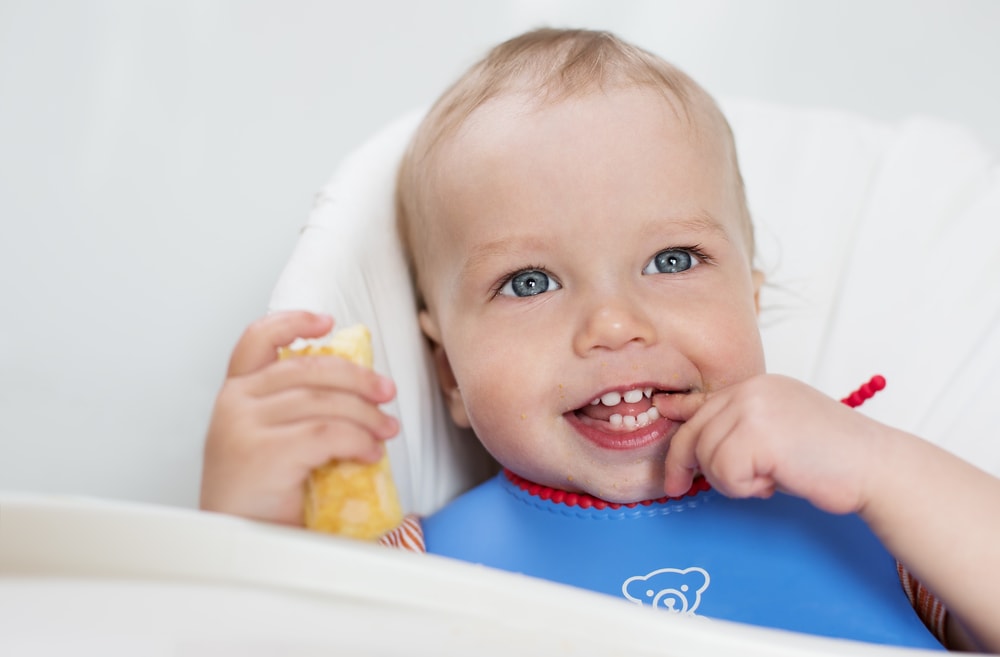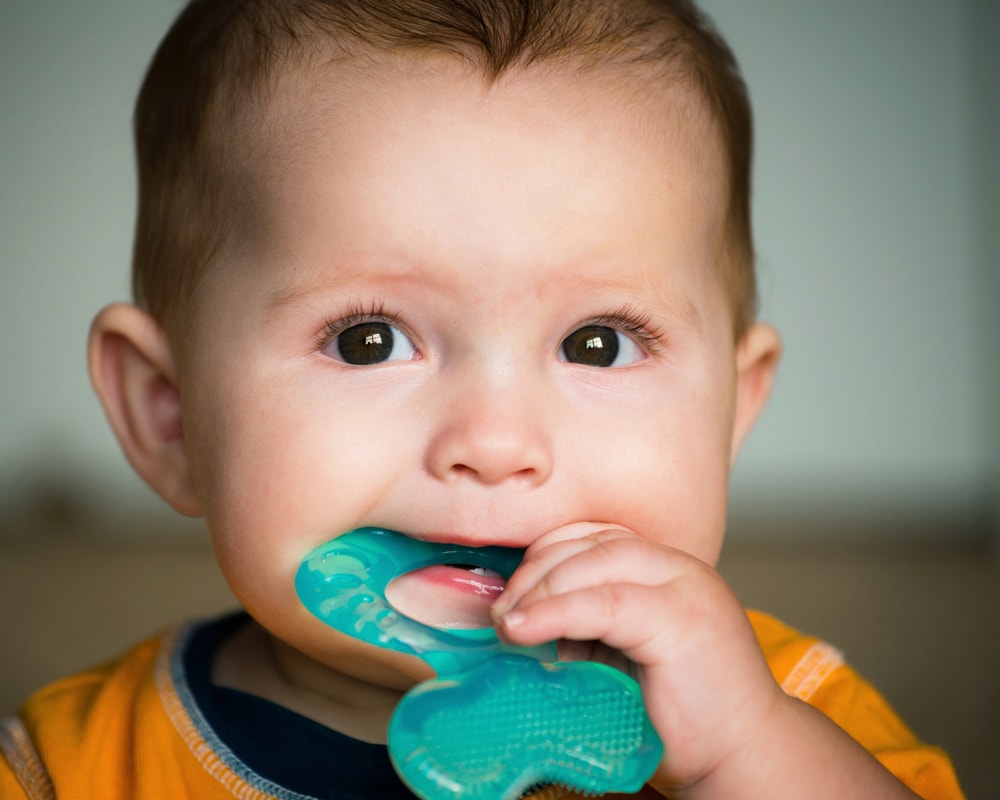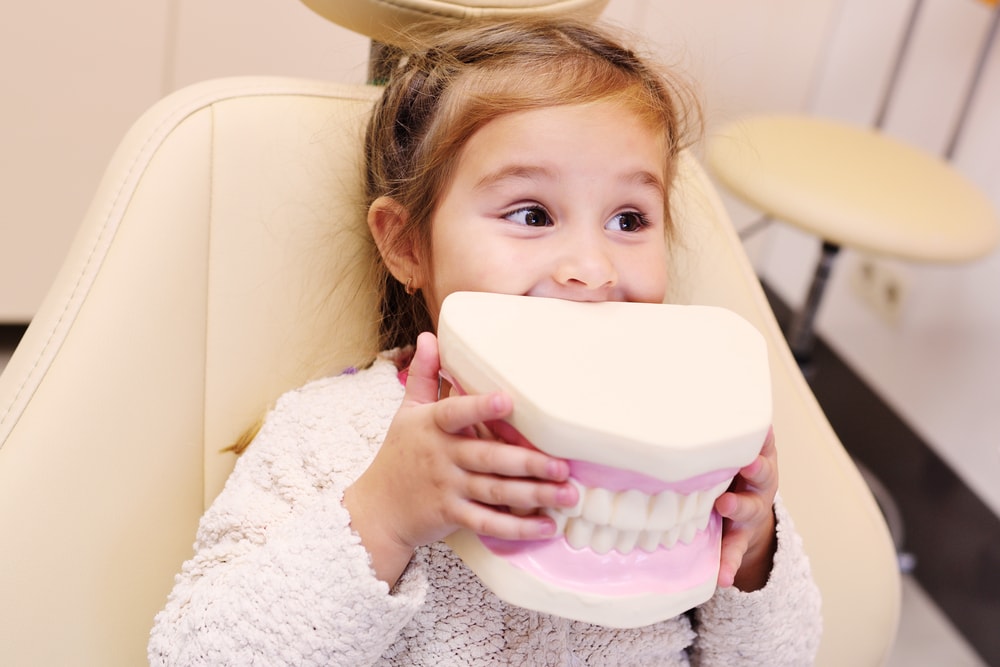
Did you know that tooth decay in babies, also called early childhood caries, nursing caries or baby bottle tooth decay, is the most common childhood infectious disease? It seems like teeth that eventually fall out and are replaced by adult versions wouldn’t be so important, but early tooth decay can have negative oral impacts that carry into adulthood. Disregarding tooth decay can have other detrimental consequences such as pain, costly treatments and life-threatening infections. Here’s what you need to know to protect your child’s teeth.
Know the causes and signs. Acid-causing bacteria is to blame for tooth decay in youngsters. Since babies tend to put their mouths on anything, it’s easy for them to pick up bacteria on common items. It’s also relatively common for caregivers to pass bacteria to babies by testing food before giving it to them or by cleaning off a pacifier in their mouth before returning it to the child. When babies consume any food or beverages other than water for long periods throughout the day, they are exposed to sugars that can be changed into acids. The acids then erode the teeth. These sugars may be natural or added, but the end results are the same.
Be sure to avoid giving a child a bottle of formula, milk, juice or soda when putting him or her to bed. This is the most common way for tooth decay to begin. Parents can identify the signs of tooth decay if they notice white spots on the gums. These spots are often hard to see, however, so it may require a trip to the dentist’s office to properly diagnosis (and eventually treat) the problem.

Take good care of your teeth, as well as your child’s. As with most things in a baby’s life, it’s best to lead by example. Having a well-established oral care routine long before your baby is born is an ideal way to establish healthy habits early on. Before baby’s first birthday, wipe his or her gums with a baby washcloth to keep the mount clean. When the first teeth appear, brush them with a grain-of-rice sized bit of fluoride toothpaste. During years one through three, brush your baby’s teeth twice daily for two minutes. This will also get him or her used to oral care habits.
Keep an eye on sippy cup usage and careful introducing food or beverages at bedtime. These guidelines are particularly important given how easy it is for these items to cause tooth decay in babies. Do not use food or beverages as a pacifier to put your child to bed. Juice should be served with meals or not at all; sugary foods should also be limited. Sippy cups enable children to have drinks for long periods of time, which can mean a whole lot of sugar. Introduce proper cups as early as possible and establish a habit of giving your child water between meals. Because a regular cup won’t allow liquids to collect around the teeth, try to introduce one by the 12- to 15-month mark.
Schedule your child’s first dentist appointment before their first birthday. The dentist can help you prevent problems before they start. Because treating baby tooth decay can be costly, it’s best to get a jump start on proper oral care. The dentist can also give tips and tricks to help establish brushing and oral care routines from the beginning. He or she will also be happy to answer any questions you have about preventing this disease.

It’s important to start taking care of your child’s teeth even before they all emerge. Our team of experienced dental professionals at TenderCare Dental in Tigard is dedicated to the health and happiness of every patient that walks through our door. Regular dental checkups and cleanings are the best way to supplement good dental habits for the whole family. Schedule an appointment with us today to experience the best in dental care!

Leave a Reply